The best studio monitors are perhaps the most important aspect of any studio. Apart from a suitable PC for music production, your speakers are the cornerstone of a studio and are a major purchase. It’s not worth your while getting into home recording or producing without a suitable set of studio monitors.
-
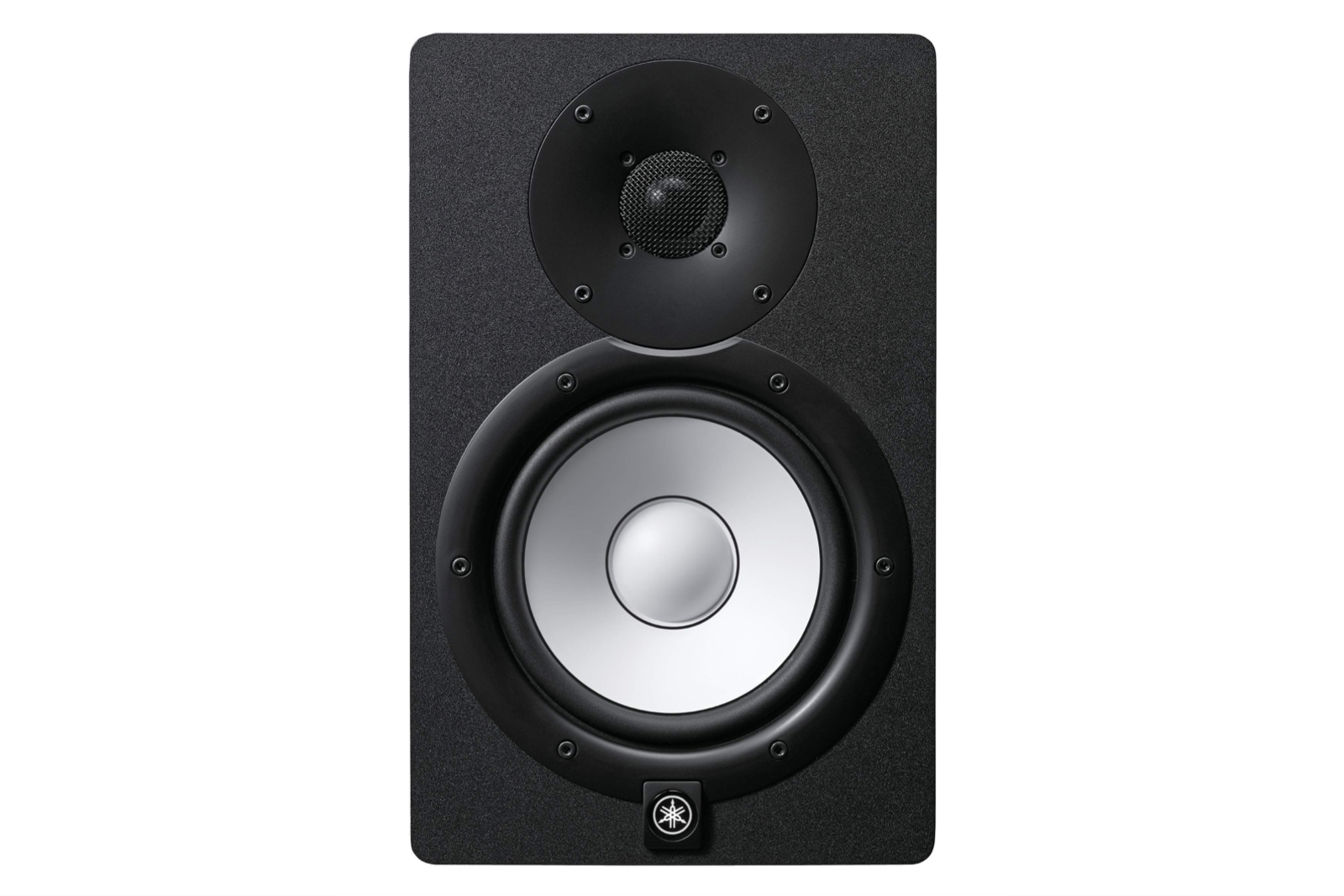
Yamaha / Pocket-lint
Yamaha HS7
1. Best studio monitors overall
-
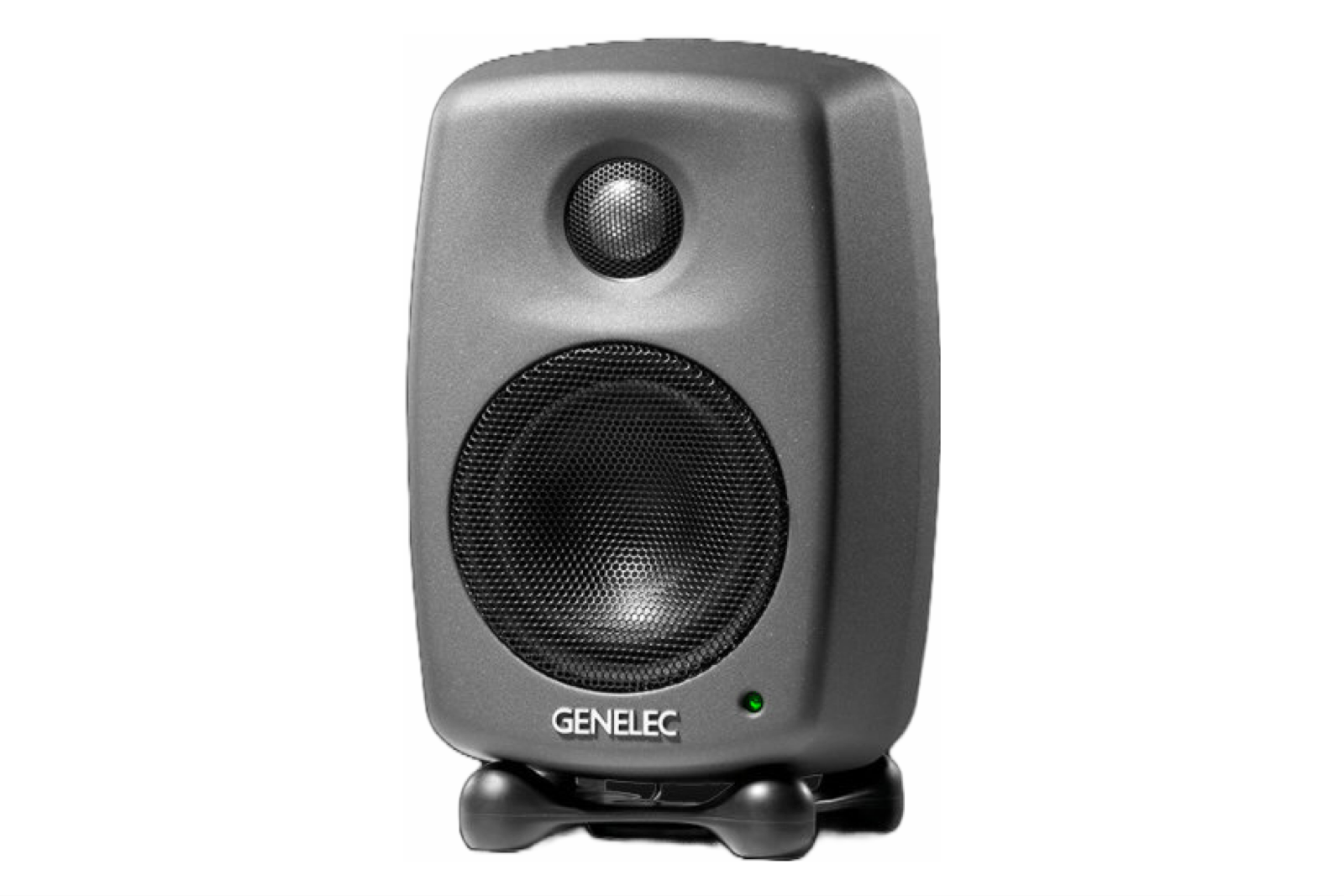
Genelec / Pocket-lint
Genelec 8010 Bi-Amplified Monitor System
2. Best compact studio monitors
-
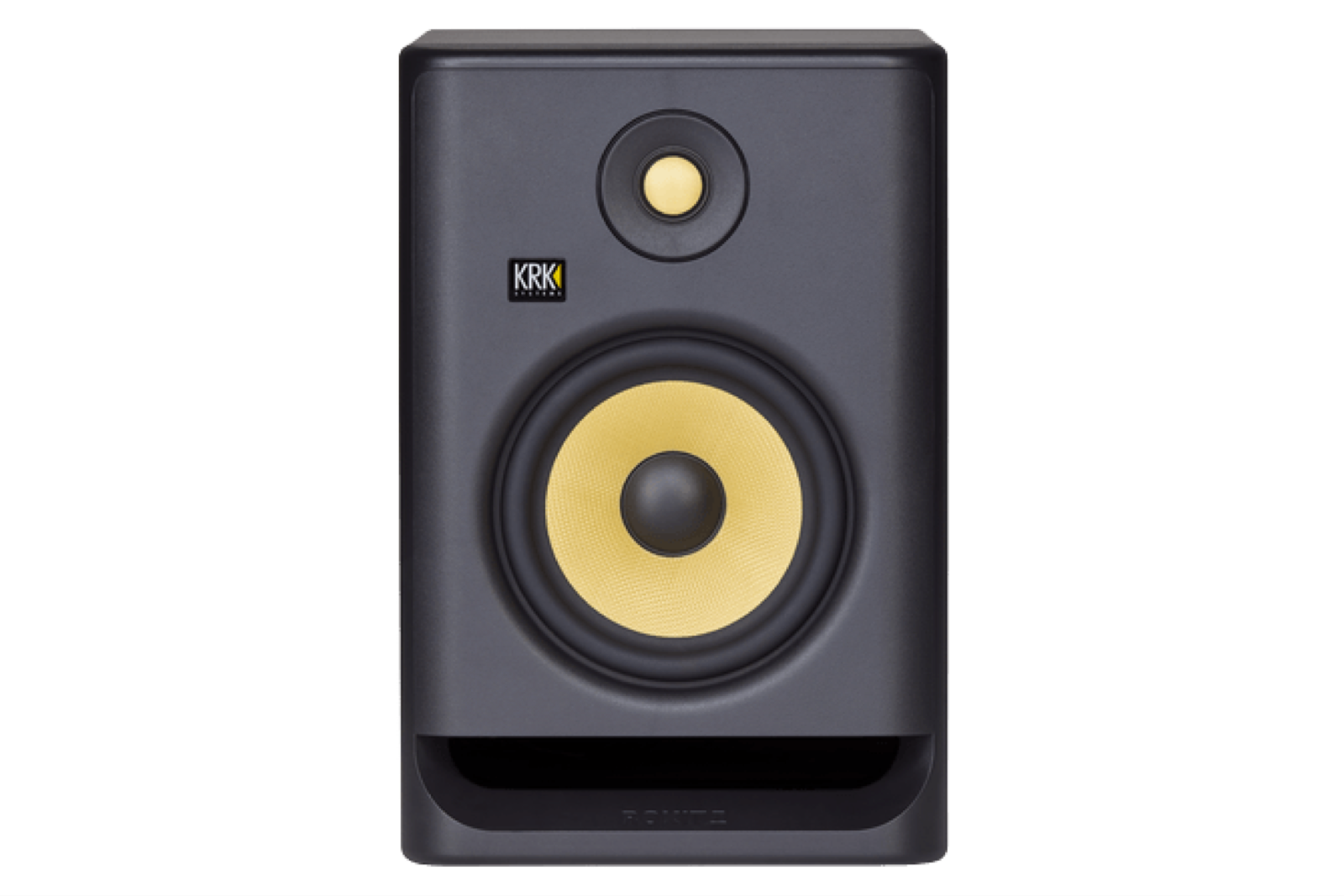
KRK / Pocket-lint
KRK Rokit RP7 G4
3. Best studio monitor for bass
-
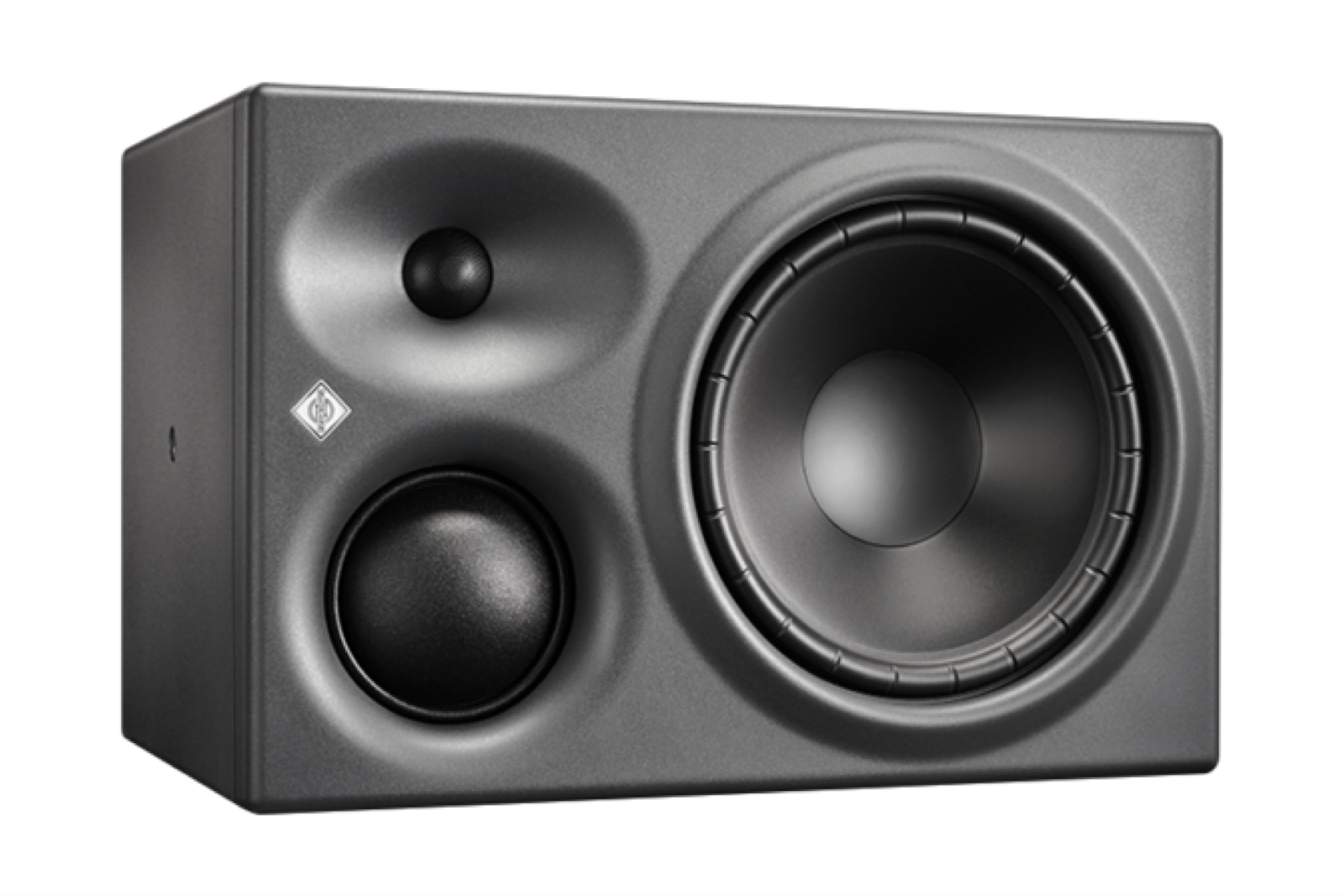
Neumann / Pocket-lint
Neumann KH 310
4. Best premium studio monitors
-
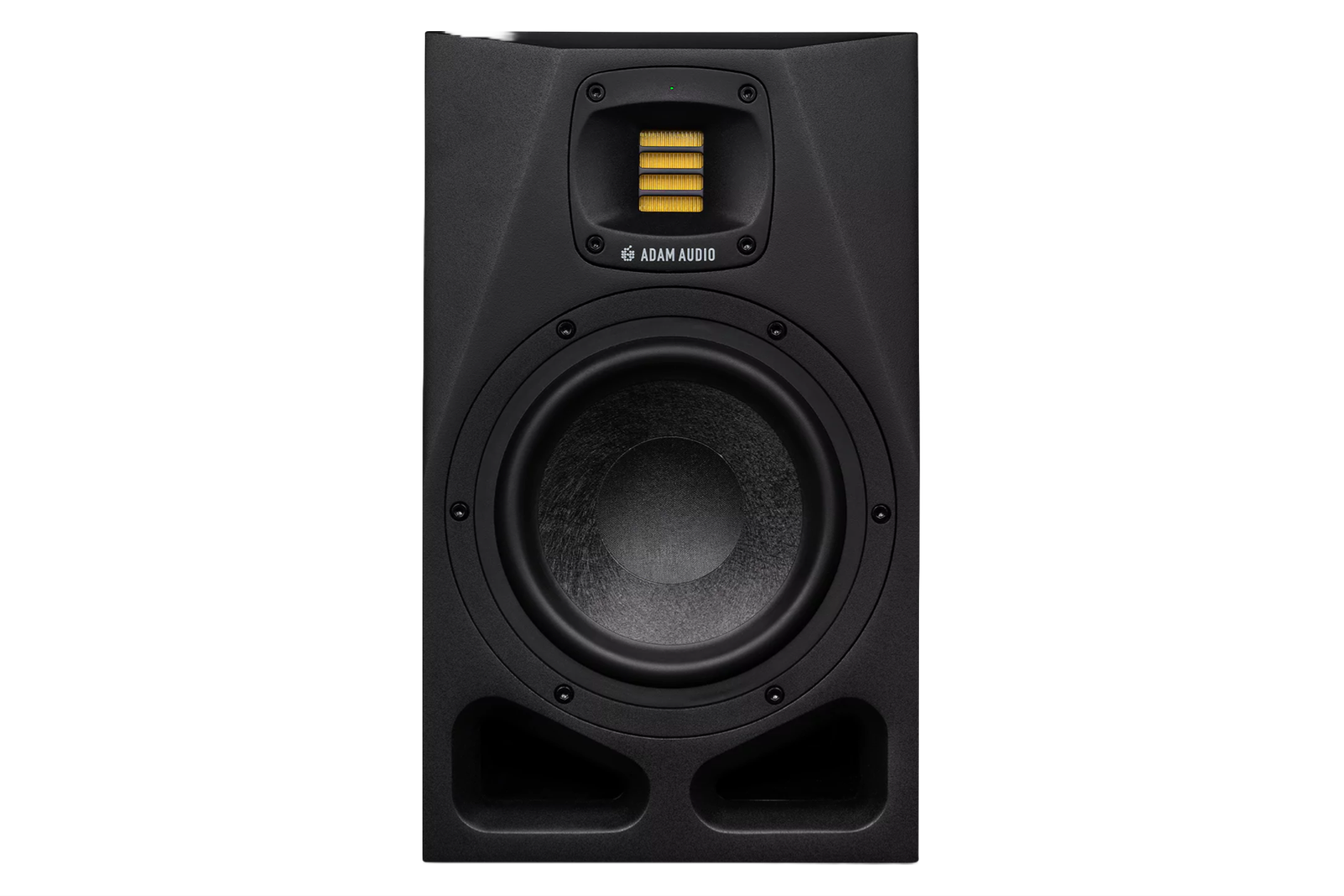
Adam / Pocket-lint
Adam A7v
5. Best mid-priced studio monitors
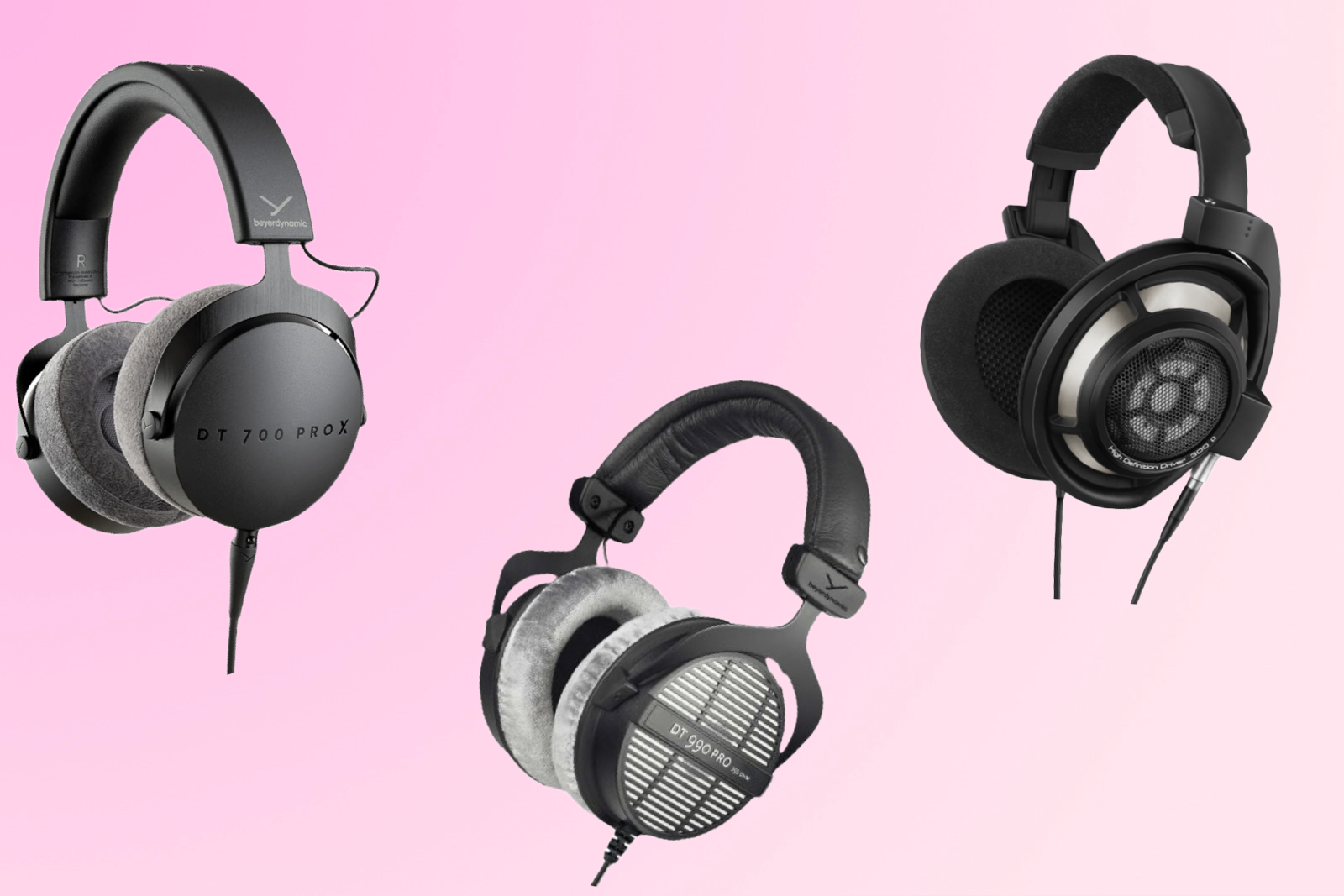
Best studio headphones: Top headphone options for mixing, producing, and mastering
From Sennheiser to Beyerdynamic, the best studio headphones will help you on your way to creating incredible sounding music.
Being able to hear an honest representation of your mixes is the key to success. Standard commercial speakers are tuned to provide the most luscious audio playback and each brand utilizes its own frequency curve which colors the audio you are hearing. Mixing and producing on such speakers will sound flattering, but being lulled into a false sense of security will ultimately lead to later disappointment.
Whether you’re a fresh-faced rookie looking for a first set of monitors or a seasoned studio hand wanting a professional offering, these are the best studio monitors currently on the market. We’ve called upon our years of experience in the industry and in the studio to select 6 options that span across experience, different budgets and studio sizes.
Best studio monitors: Our top picks

Yamaha HS7
1. Best studio monitors overall
Japanese precision
$263 $350 Save $87
Taking our top spot is the Yamaha HS7s. An industry standard, these monitors are found in studios across the world thanks to their balanced response, helpful room controls and a bi-amp system which helps the monitors focus on particular frequencies.
- Well balanced between frequencies
- Room control and high trim controls
- Bi-amp system
- Clarity suffers at really high volumes
Chances are, if you look at any ‘best of’ studio monitors list, you’ll find an entry for the Yamaha HS series. It really isn’t surprising if you’ve had the pleasure of producing music with them. Out of the three monitor sizes on offer, the HS7 is our favorite.
The HS7 is a nearfield studio monitor which houses a 6.5″ cone woofer and 1″ dome tweeter. The HS7s utilize a 2-way bass-reflex bi-amplified system which separately powers the woofer and tweeter. This results in fantastic frequency separation and the HS7s deliver wonderful clarity. This is incredibly important when mixing music, as that clarity allows you to notice small imperfections and make pinpoint changes in your music.
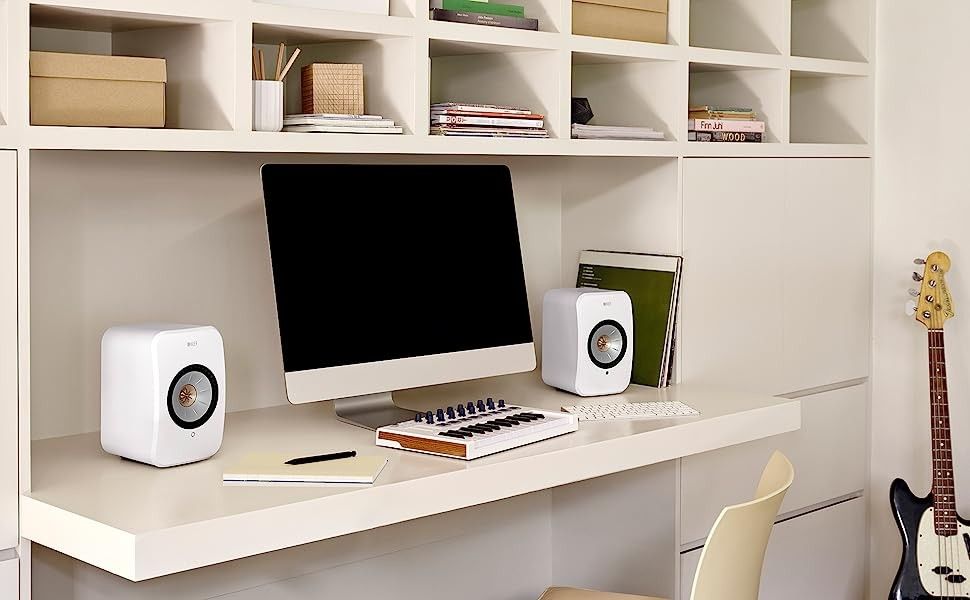
Best computer speakers 2023: Clear, impressive sound to complete your setup
These speakers from Logitech, KEF, and more top brands enhance your multimedia bass and clarify computer sound.
The monitors’ response controls help the HS7s fit into a variety of different studios. The room control switch will attenuate any unwanted low-end exaggeration often encountered when a speaker is too close to the wall. The high trim control will give you more hands-on control of those upper frequencies. It’s very easy to get the HS7s to sound great just at the flick of a switch.
Like any Yamaha product, the HS7s are robust, very well-made and will last you for years. Although the speakers’ clarity can suffer a little at very high volumes, there really isn’t much to grumble about here. Their price makes it an accessible choice for music producers the world over.

Genelec 8010 Bi-Amplified Monitor System
2. Best compact studio monitors
Small in size, big in stature
If you’re after a compact set of studio monitors for a tight space but don’t want to sacrifice audio quality, then look no further than the Genelec 8010 Bi-amplified studio monitors, they are ideal for tight spaces.
- Ideal for tight spaces
- Extremely well balanced
- Bi-amping provides great headroom
- Some may prefer more power
The Finnish company Genelec is a heavy hitter in the professional audio industry. With 45 years of premium audio experience under their belts, it’s no surprise to find them near the top of our list. If you’re looking for an outstanding pair of compact studio monitors for a small studio space, then look no further than the Genelec 8010 monitors.
Although small in size, the bi-amplification system means the tweeter and driver have their own 25 watts of amplification, per speaker. This results in a huge sound and the 8010s operate at a sound pressure level of 96 dB. The bi-amplification alongside active crossovers gives the monitors fantastic clarity across the low, mid and high-frequency spectrums, making them a fantastic companion for mixing.
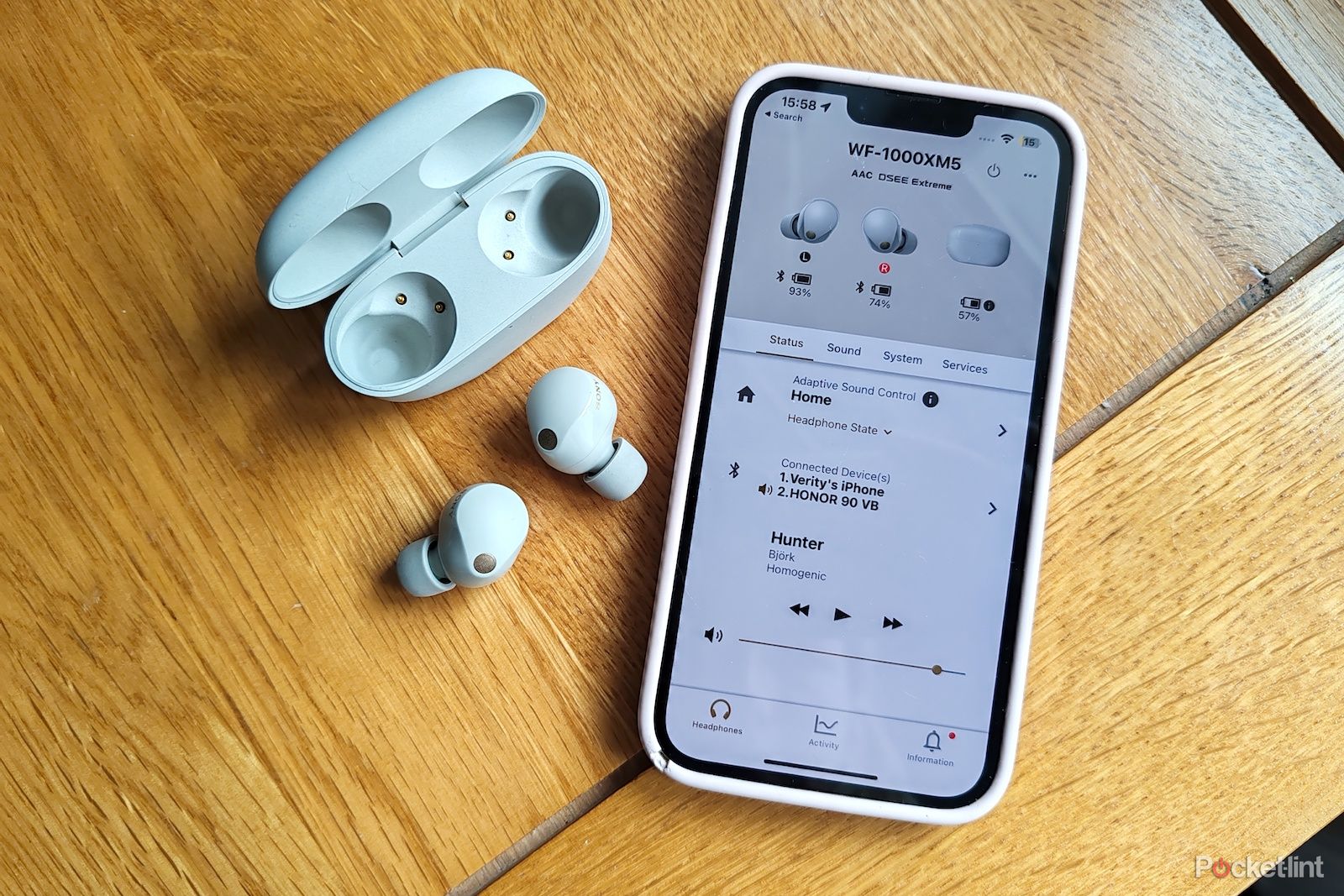
Best noise cancelling earbuds: Expert tested and ranked
Noise cancelling earbuds are your best bet for comfort and silence without the bulk of over-ear headphones.
Genelec is a company that prides itself on using the best quality materials, and the 8010s are no exception. With its rugged aluminum enclosure, Genelec has not only ensured sturdiness but also designed rounded edges and gently curved front and sides that perfectly complement the properties of the drivers in the 8010 model. This culminates in a flat frequency response that is ideal for producing and mixing.
If you’re after a sophisticated little space saver, you can do much worse than the Genelec 8010 bi-amplified monitors.

KRK Rokit RP7 G4
3. Best studio monitor for bass
Get some bass in your mix
There are not many better options for electronic music than the KRK Rokit RP7 G4 monitors. The RP7’s bass response is fantastic and the graphic EQ at this price point is a feature the KRK’s competitors can only dream of.
- In-built graphic EQ
- Incredible bass response
- Ideal for electronic music
- Better options out there for different genres
Chances are, if you’re involved in producing or mixing electronic music, you’ve likely encountered the distinctive yellow hue of a KRK monitor. This renowned brand has proudly graced the industry for 35 years, consistently being the preferred choice for both electronic music producers and DJs.
Their popularity in those genres of music is largely due to their powerful bass response. The RP7s are no exception to this rule and their 6.5-inch Kevlar Aramid Fiber woofer holds no punches in the low-frequency arena. The 1″ Kevlar Aramid Fiber tweeter takes care of the mid and high frequencies and, although there is plenty of low-end, they are impressively balanced.
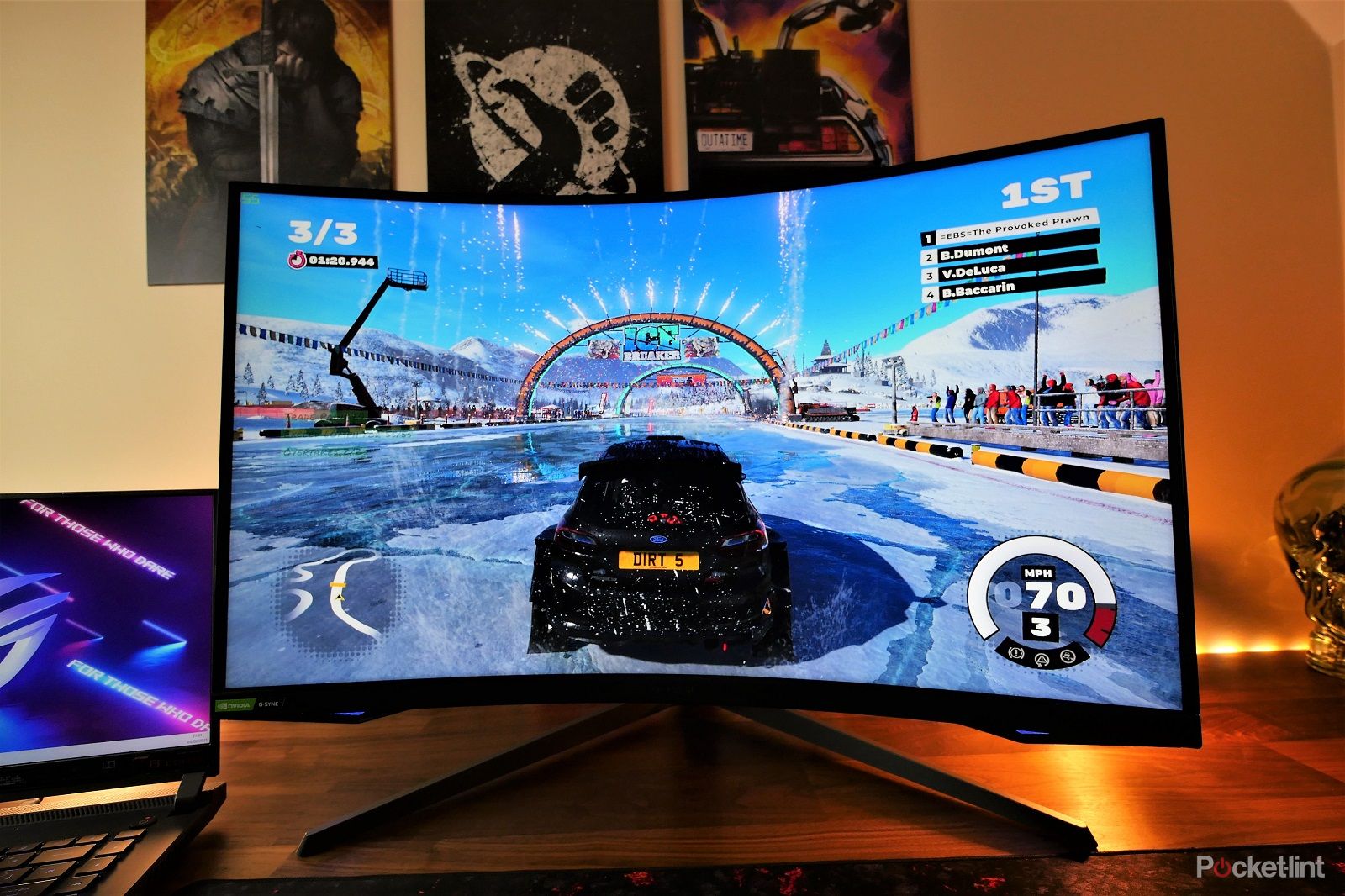
How to check your monitor’s refresh rate and adjust it
If you’re trying to make the most of your gaming PC, then you need to make sure you’re also getting the most from your monitor.
At this price point, DSP-driven room tuning and a 25 visual Graphic EQ is absolutely fantastic. The controls are accessed through an LCD screen on the back, and you can tune the speakers to the acoustic properties of your studio with relative ease. Although it’s a bit of a pain having to turn around the monitors to access the screen, it is a minor annoyance.
A pair of the KRK Rokit RP7 G4 monitors are under $500, and these features for that price tag are a brilliant addition.

Neumann KH 310
4. Best premium studio monitors
Worth the premium pricing
$2495 $3130 Save $635
If you’re looking for a professional studio monitor option, the Neumann KH 310 monitors should be your first choice. The tri-amplification system provides stunning clarity and its wide dispersion makes them an ideal choice for slightly larger studios.
- Tri-amplification system sounds outstanding
- Wide dispersion
- Performs fantastic at loud volumes
- Price point out of reach for most
The Neumann KH 310 monitors aren’t necessarily suitable for those who want to make music casually, but if you’re serious about your musical endeavors or are planning to do it professionally, the Neumann KH 310 monitors are an ideal option.
In particular, if you’re mixing or recording a traditional band set-up with vocals, guitar or other instruments that are prominent in the mid-range, the KH 310s are a perfect match. The monitor’s specially designed 8.25″ mid-frequency driver makes Neumann’s ideal for placing these types of mid-hump instruments with precision in your mix. However, this is not the only feather in its cap. With an SPL of up to 116.3 dB and capable of low frequencies down to 34 Hz, the 310s offer high resolution and a neutral response which makes mixing music a treat.
Looking deeper, the KH 310s utilize a three-way tri-amplified monitor featuring thermally safeguarded Class AB amplifiers, comprising a power output of 210W and two times 90W. Specs like this are only found on premium monitors and, as expected, they are quite pricey. However, if you are looking to take your music production to the next level, accept no substitutes.

Adam A7v
5. Best mid-priced studio monitors
German excellence
The Adam A7v monitors are by far the best mid-priced studio monitors on the market. Adam’s DSP engine provides fantastic frequency crossover and the SoundID Reference Integration is reason enough alone to pick up a set.
- Unique mineral woofer provides extended low frequencies
- DSP engine for fantastic crossover
- Room adaption
- Struggling to think of one
If you have purchased a budget-friendly set of studio monitors and are looking to upgrade to something a bit more classy, then the Adam A7v monitors are by far the best mid-priced studio monitors currently on the market. Costing a little over $1,500, they are a fantastic option for intermediate to advanced music producers.
Like all monitors in Adam’s A series, the A7v’s DSP-based functionality can be controlled using the brand’s proprietary app; A Control. The A Control app opens up some fantastic editing options. For example, you can precisely adjust tunings across six bands of parametric equalization and toggle low and high-shelf filters using a control interface.
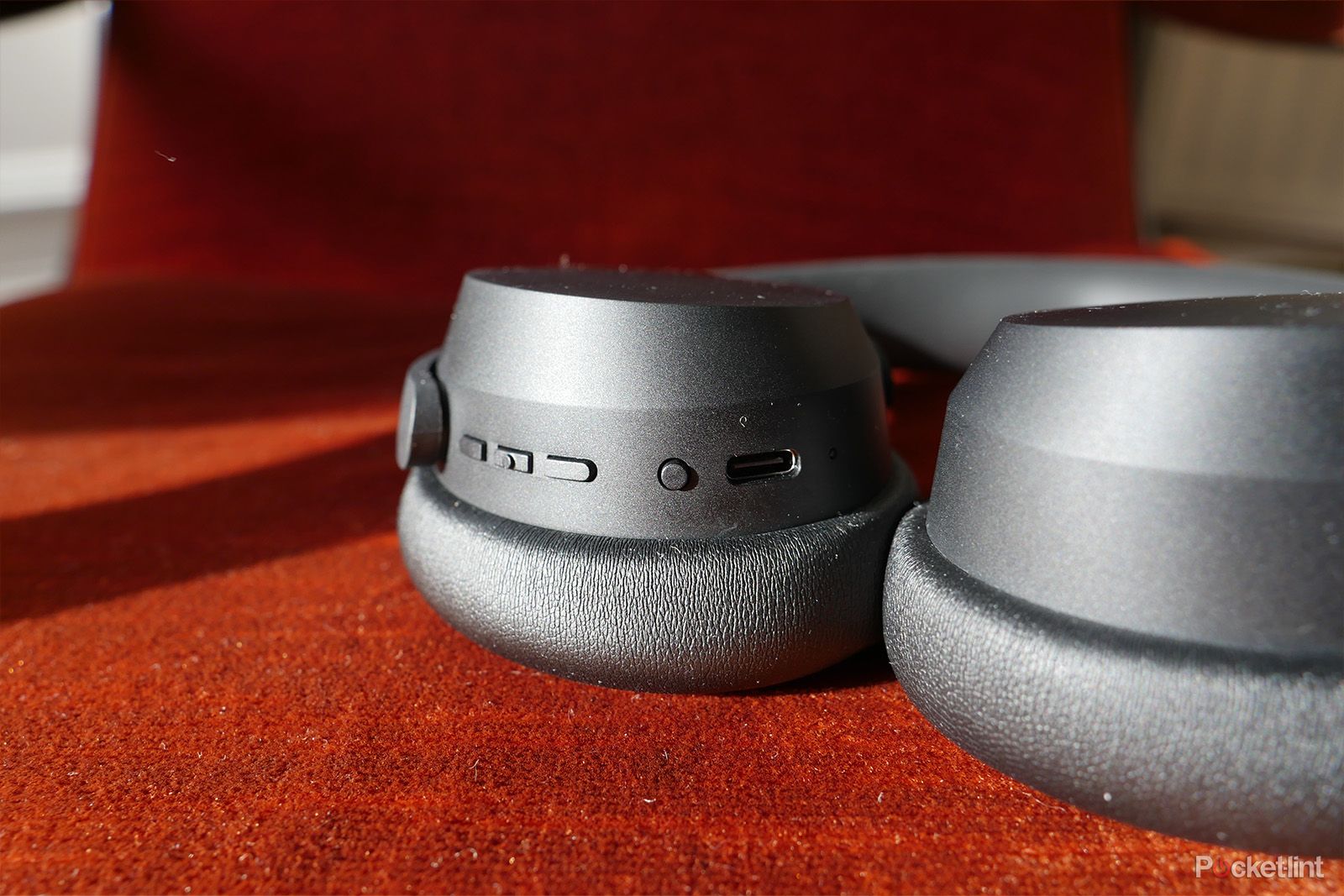
Best mid-range headphones: Audiophile tested and reviewed
The best mid-range headphones from Sennheiser, Sony and more offer amazing value with premium features for less.
The A Control app has been collaborated with Sonarworks and their most impressive contribution has been the SoundID Reference option. You can select calibration curves that have been generated by Sonarworks to suit the acoustic properties of your studio space, allowing for optimal audio playback.
Adam hasn’t stopped there and the A7v’s woofer is a little different from the competition. They are constructed with a cool mix of mineral stone fibers all baked together, resulting in a lightweight yet super sturdy material. When you throw in this unique material with a fresh magnet system, these woofers crank out powerful sound without messing up the clarity, giving you a nice, clean low-end.
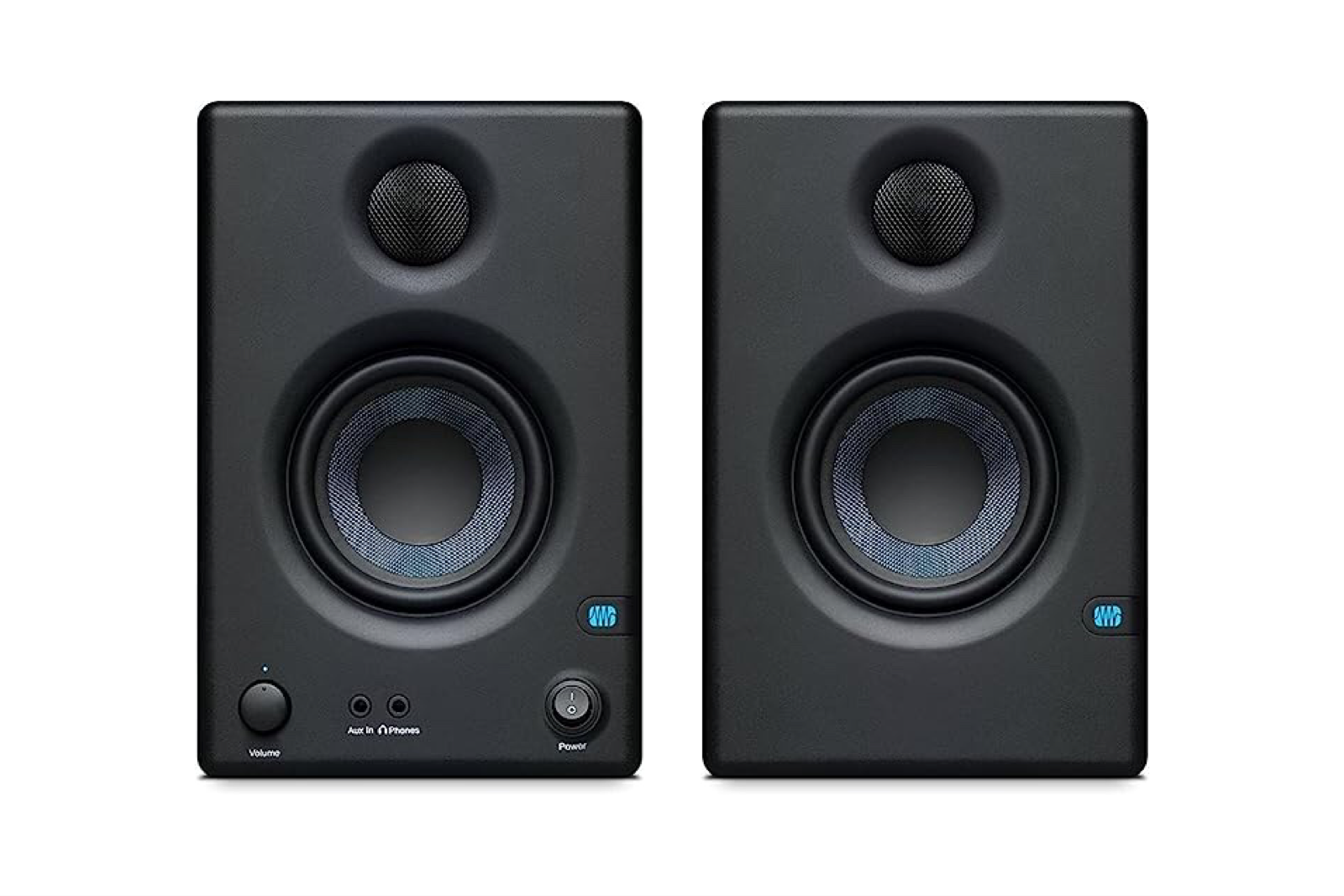
PreSonus Eris E3.5
6. Best budget studio monitors
Price friendly and plenty to love
$90 $130 Save $40
If you’re looking to save a penny or two, or perhaps are just getting started in music production and don’t need anything too fancy, then check out the PreSonus Eris E3.5 monitors. Offering great mid-range and treble clarity, there is plenty bang for your buck here.
- Excellent value for money
- Mid-range and treble clarity
- Ideal for those looking to get started
- Bass response is a little weak
Music production can be a little daunting if you are just getting into it. Never mind the steep learning curve and all the jargon you have to learn, the equipment needed can be a humongous barrier to entry for a lot of people. However, if you’re on a tight budget but still want something decent, the PreSonus Eris E3.5 studio monitors won’t let you down.
There are many features on offer that you’ll love. The 3.5-inch woven composite drivers and the 1″ ultra-low-mass silk-dome tweeters offer plenty of mid and high-range clarity. The drivers are a little on the small side, so don’t expect anything outstanding from the bass response, but they are impressive enough to get you up and running.

What Spotify Sound Town says about my music taste has me packing my bags
Spotify changed up their Spotify Wrapped this year, and let’s just say Burlington, Vermont’s tourism board will be very happy.
While small drivers may seem diminutive, their compact size offers a significant advantage. Particularly if you’re starting in a confined space, the Eris E3.5s will conveniently fit right in. This makes it an ideal choice for smaller setups, ensuring fantastic integration without taking up much room.
There are plenty of connectivity options on offer, such as a rear-panel ¼-inch TRS and RCA inputs and a front-panel ⅛-inch stereo line input, meaning there is no lack of options for plugging in various studio devices. Costing under $100 the PreSonus Eris E3.5 studio monitors are the best budget-friendly studio monitors currently on the market.
The Bottom Line: What is the best studio monitor overall?
Our top pick, the Yamaha HS7 studio monitors stands out in the world of music production, featuring a 6.5″ cone woofer and 1″ dome tweeter for exceptional clarity. Their bi-amplified system ensures great frequency separation, while versatile response controls accommodate various studio setups. Although clarity can dip at high volumes, their durability, quality, and affordability make them a top choice for music producers worldwide.

Yamaha HS7
Editor’s Choice
$263 $350 Save $87
Taking our top spot is the Yamaha HS7s. An industry standard, these monitors are found in studios across the world thanks to their balanced response, helpful room controls and a bi-amp system which helps the monitors focus on particular frequencies.
How we choose the best studio monitors for music production
There were a few different criteria taken into account when creating our list of the best studio monitors. Firstly, we wanted to pick products that were widely available. Specifications such as output, audio quality, frequency response, price, size and extra features were the main factors that influenced our decision. Also, there’s nothing quite like first-hand experience and when a member of our Pocket-Lint team has reviewed a product or had first-hand experience, we have included it in our list.
What size of studio monitors do I need?
The size of the studio monitor you need will depend largely on your studio space and how much output you need. Generally speaking, the larger the monitor, the more output it will have. Larger monitors will have a better bass response, so if you’re mixing/creating/producing genres like dance music or heavy metal – which tends to be bass-heavy – a larger monitor will be more suitable. Also, consider the size of your studio. If you are in quite a small space, larger monitors will quite quickly overpower the studio and things will become quite murky.
Do you need an amplifier for your studio monitors?
When thinking about speakers, amplification is usually an important aspect. So, do you need to buy an additional amplifier with your studio monitors? Well, most modern studio monitors will be active, meaning they will have an amplifier already built into them, so purchasing an additional amp is not usually required. Additionally, every studio monitor we selected for our list is active, meaning you don’t have to go through the hassle of picking up an additional amplifier.
What frequency do top-quality studio monitors deliver?
The best studio monitors will have a neutral frequency response and give you a transparent playback. Although this isn’t always flattering and often reveals inconsistencies, it is better to iron out problems in your studio rather than take a stinker out into the wild.
Credit : Source Post

